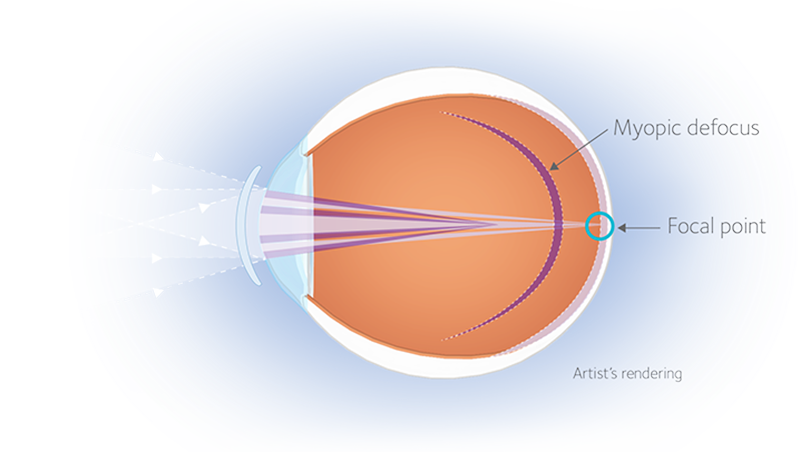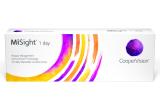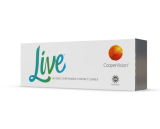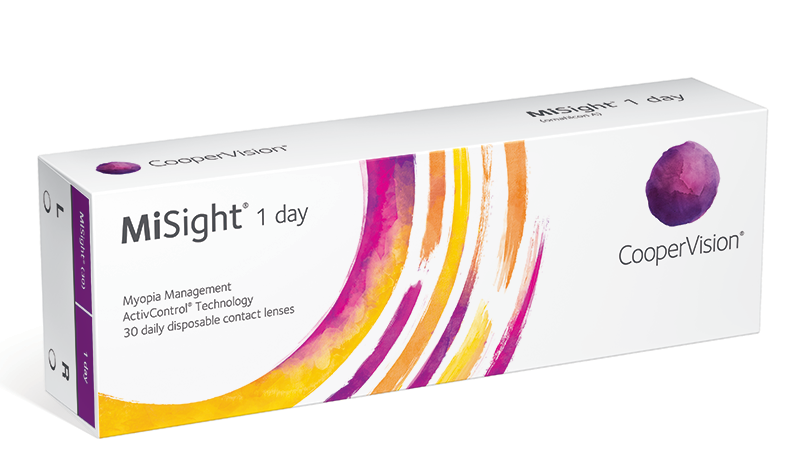Special contact lens technology for children that corrects their vision while slowing the progression of short-sightedness by 59%, on average.*1

For illustrative purposes only
Is your child struggling to see the board at school or the television at home? Are objects in the distance blurry? If so, one potential cause is short-sightedness – or what eye care professionals call myopia. When your child has myopia, their eyes are growing too long, and light focuses in front of the retina. This blurs their vision, so they need spectacles or contact lenses to see clearly.
Did you know? 8 in 10 eye care professionals agree that they worry about their paediatric patients having significant eye health issues, such as retinal detachment or glaucoma, later in their lives due to the progression of their myopia.2 And that risk multiplies as a child’s prescriptions get stronger.3
Thanks to ActivControl® Technology, short-sighted children can now enjoy freedom from glasses when wearing their contact lenses and significantly slow the progression of their myopia at the same time.1
Benefits:
ActivControl® Technology at work
Where you can find this technology:
* Compared with a single-vision one-day lens over a three-year period.
References:
1 Chamberlain P, et al. “A 3-year Randomized Clinical Trial of MiSight® Lenses for Myopia Control.” Optom Vis Sci 2019;96:556–567.
2 CVI data on file 2019. Global survey by Decision Analyst with 402 ECPs in UK, Canada, Germany, Spain, Hong Kong, Australia/NZ. 82% agreed on a 1-10 point scale (top 4-box).
3 Flitcroft DI. “The complex interactions of retinal, optical, and environmental factors in myopia.” Prog Retin Eye Res 2012;31(6):622-660.
4 Tideman JW, Snabel MC, Tedja MS, et al. “Association of axial length with risk of uncorrectable visual impairment for Europeans with myopia.” JAMA Ophthalmol 2016;134:1355-1363.







